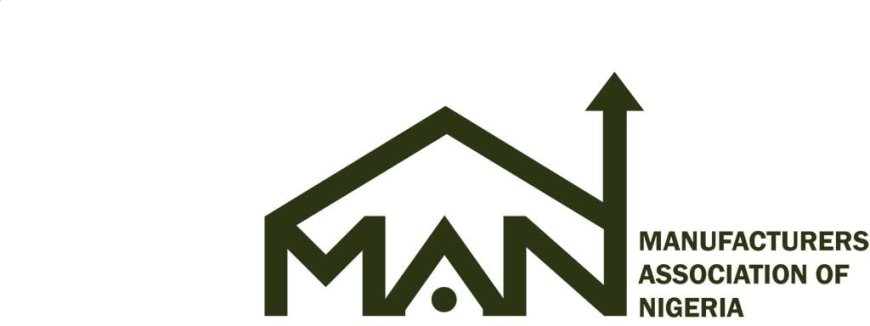Sachet alcohol ban threatens over five million jobs – MAN

The Manufacturers Association of Nigeria has warned that the National Agency for Food and Drug Administration and Control’s directive banning the production and sale of sachet and small PET bottle alcoholic beverages by December 31, 2025, could cost the Nigerian economy over N1.9tn in investments and about 5.5 million jobs.
Director-General of MAN, Segun Ajayi-Kadir, said the NAFDAC-sponsored ban would hurt indigenous manufacturers and destabilise the economy at a time the manufacturing sector was beginning to recover.
He said, “This pronouncement will result in a loss of over N1.9tn investment, largely by indigenous Nigerian companies, a consequential mass retrenchment of over 500,000 direct employees and approximately five million indirect employees through contracts, marketing, and other logistics.”
In a statement on Wednesday, Ajayi-Kadir described the ban as “unfair and against the run of play in the industry,” noting that it contradicts the resolutions jointly reached by stakeholders during the validation of the draft National Alcohol Policy in October 2025.
He said the Senate’s resolution followed NAFDAC’s position without due consultation, despite the agency being part of the multi-sectoral validation process led by the Ministry of Health.
He recalled that the enlarged committee comprising NAFDAC, law enforcement agencies, and industry representatives had agreed on “progressive alternatives” to a total ban. These included stricter enforcement, licensing of liquor outlets, enhanced product monitoring, and nationwide enlightenment campaigns to discourage underage alcohol consumption.
Ajayi-Kadir said, “It is concerning that the Senate ordered an outright ban without holding a public hearing or engaging relevant stakeholders. The House of Representatives had earlier taken a more consultative approach, recommending a one-year extension and stakeholder validation.
MAN’s DG dismissed claims that sachet alcoholic beverages were being widely abused by minors, citing several government-backed studies that found no such evidence. He revealed that manufacturers had spent over N1bn on responsible-drinking campaigns across the media to discourage underage abuse.
He warned that an outright ban could backfire by creating a black market for unregulated and potentially dangerous alcohol. “To ban the product would open a floodgate of illicit and unwholesome substances that are not subject to regulation and beyond the control of relevant agencies,” he said.
Ajayi-Kadir also argued that sachet alcohol serves adults with low purchasing power and that banning it would deprive them of choice while benefiting foreign and smuggled brands at the expense of local producers.
“Once there is an established appetite for a product and it is not illegal, effective control and regulation are the most sustainable ways to manage access, not prohibition,” he added.
The MAN boss urged the Senate to rescind the order and for NAFDAC to halt implementation of the ban, calling instead for the swift adoption of the validated National Alcohol Policy and its multi-sectoral framework.
He said, “We appeal to the Senate to rescind the order on the sale of alcoholic beverages in sachets and for NAFDAC to be restrained from implementing the ban from December 31, 2025. We must be mindful of the economic implications of sudden regulatory shifts that threaten legitimate manufacturers and millions of value-chain operators.”
Ajayi-Kadir reaffirmed MAN’s commitment to public safety and regulatory compliance, saying the association supports the removal of unsafe products but insists that such actions “must be based on empirical evidence, not emotional persuasion.”
The report that NAFDAC had on Tuesday announced that by December 2025, the production and sale of alcoholic beverages in sachets and bottles smaller than 200 millilitres will be prohibited.
NAFDAC Director-General, Mojisola Adeyeye, decried what she described as the misuse of cheap alcoholic drinks among youths and drivers.
She said, “The proliferation of high-alcohol-content beverages in sachets and small containers has made such products easily accessible, affordable, and concealable, leading to widespread misuse and addiction among minors and commercial drivers.
“This public health menace has been linked to increased incidences of domestic violence, road accidents, school dropouts, and social vices across communities.”
Culled from punch

 admin
admin 


